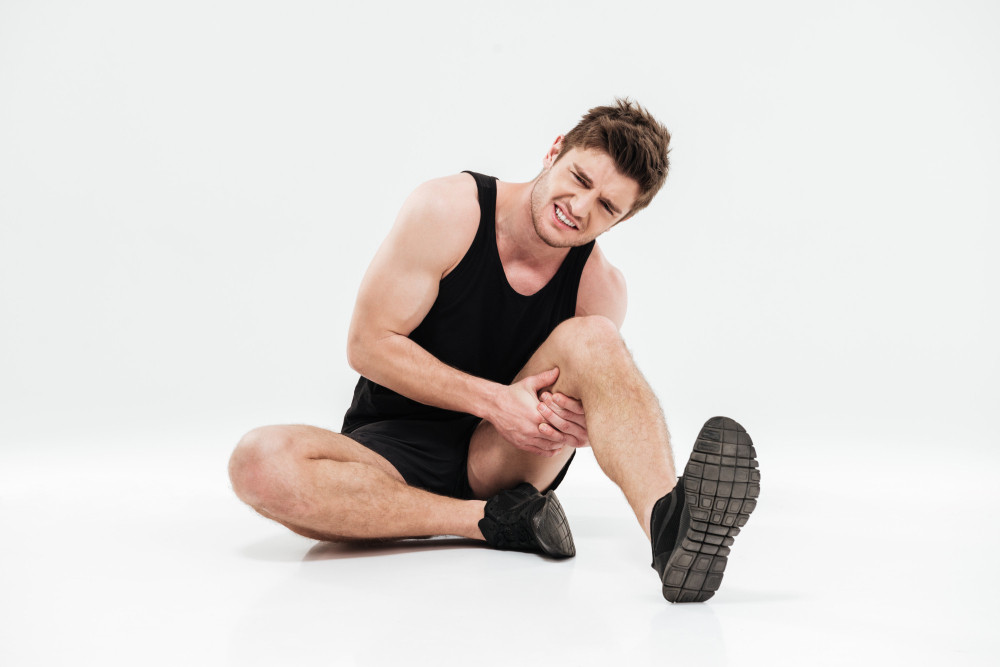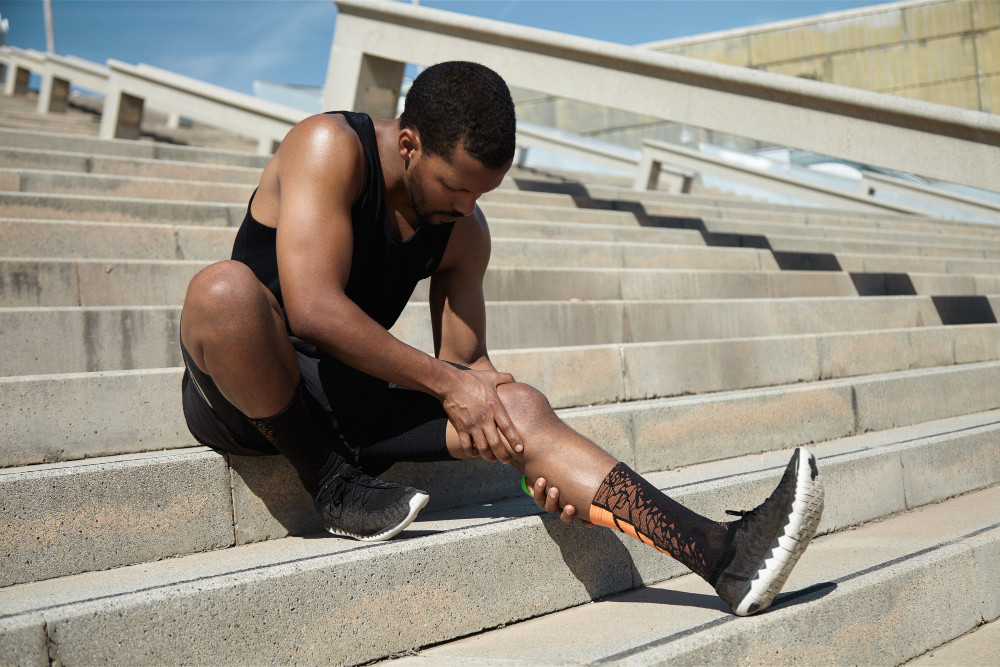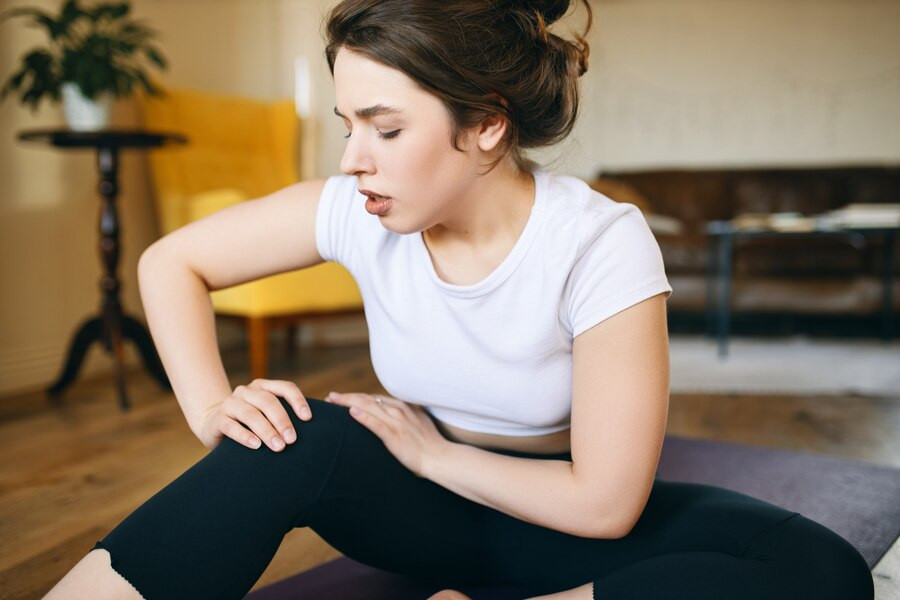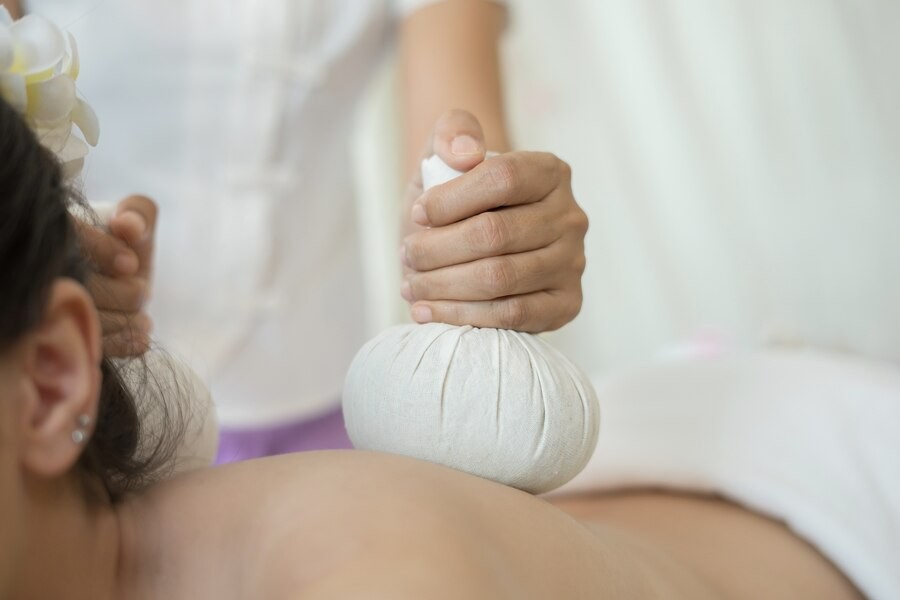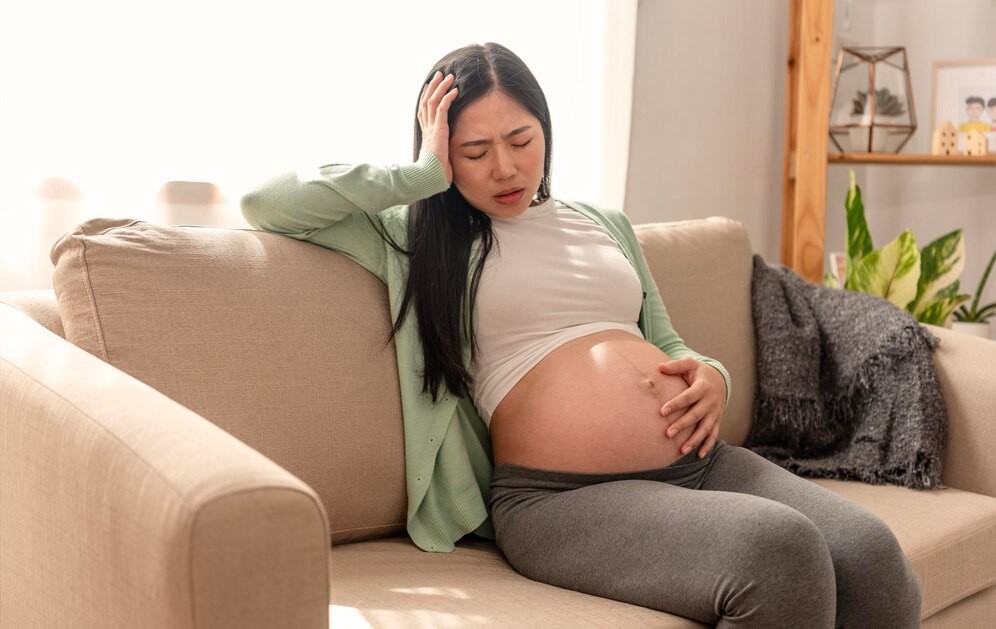Muscle cramps can happen with intense physical exertion, such as exercise, or as a result of specific medical conditions. Typically, people experience a sense of panic when they encounter muscle cramps, which makes it inappropriate to treat the cramps. What is the appropriate therapy for muscle cramps?
Causes of muscle cramps
Muscle cramps or spasms, are conditions in which the muscles contract and tighten, resulting in pain. Muscle cramps may manifest in the toes, calves, or quadriceps. This condition is prevalent and can occur suddenly at any moment.
The primary cause of muscle cramping is excessive muscle use, which is a result of a variety of factors. The following are some of the causes of cramps:
Excessive muscle use is the main cause of muscle cramps. Some causes of cramps include:
- Sports or strenuous activity
- Muscle injury
- Dehydration
- Mineral deficiency
- Pregnancy
- Kidney failure
- Thyroid disorders
Muscle cramps might happen for no apparent reason at all on occasion
The best remedies for muscle cramps
People sometimes get scared when they feel sharp, painful pain that comes on quickly. Most cramps only last a few seconds to a few minutes and go away on their own. If a pregnant woman has leg cramps, they will get better after giving birth.
Despite its ability to recover on its own, cramping pain induces distress. There are several methods you might try to relieve cramps:
Stretching
If you experience a muscle cramp, stop your current activity immediately and stretch by contracting the opposing muscle. For example, to enhance blood circulation, elevate your legs toward your head and contract the muscles on the front of your thighs when you experience a spasm in the back of your thighs.
Massage
Applying massage to the leg that is having cramps should be done after stretching. Use your hands, a foam roller, or any of the various massage instruments available to you when doing the massage.
Warm or cold compress
Warm compresses can be beneficial for relieving muscle spasms. A towel or washcloth that has been immersed in warm water can be used to compress. You may also apply a heating pad or container that is filled with warm water to the affected area.
Aside from heated compresses, you can also apply cold compresses to ease muscle cramps. Apply cold relief by placing an ice pack or ice bag on the affected muscle. To keep the ice from hurting your skin, wrap it in a washcloth or towel before applying it immediately.
Raise the affected area
For relief from cramping, elevate the affected area if at all possible. When you feel cramps in your legs, lay down and elevate the affected leg until the pain goes away.
Take medication
If the following therapies are not effective, try ibuprofen or acetaminophen. Apart from painkillers, doctors can prescribe muscle relaxants. However, painkillers might have adverse effects that may affect with your activities, so see your doctor first.
Muscle spasms are typically harmless and can resolve spontaneously. If you are experiencing persistent muscle spasms, you can either visit a doctor or make use of the consultation features that are available in the Ai Care application by downloading the Ai Care application from the App Store or Play Store
Looking for more tips and tricks for health, first aid, and home remedies? Click here!
- dr Nadia Opmalina
Higuera, V. (2019). What Causes Muscle Cramps?. Available from: https://www.healthline.com/health/muscle-cramps
Carey, E. (2019). How to Stop Leg Muscle Cramps. Available from: https://www.healthline.com/health/pain-relief/how-to-stop-leg-muscle-cramps#
Cleveland Clinic. Muscle Spams (Muscle Cramps). Available from: https://my.clevelandclinic.org/health/diseases/muscle-spasms-muscle-cramps
Booth, S. (2024). Remedies for Muscle Cramps. Available from: https://www.webmd.com/fitness-exercise/remedies-for-muscle-cramps


